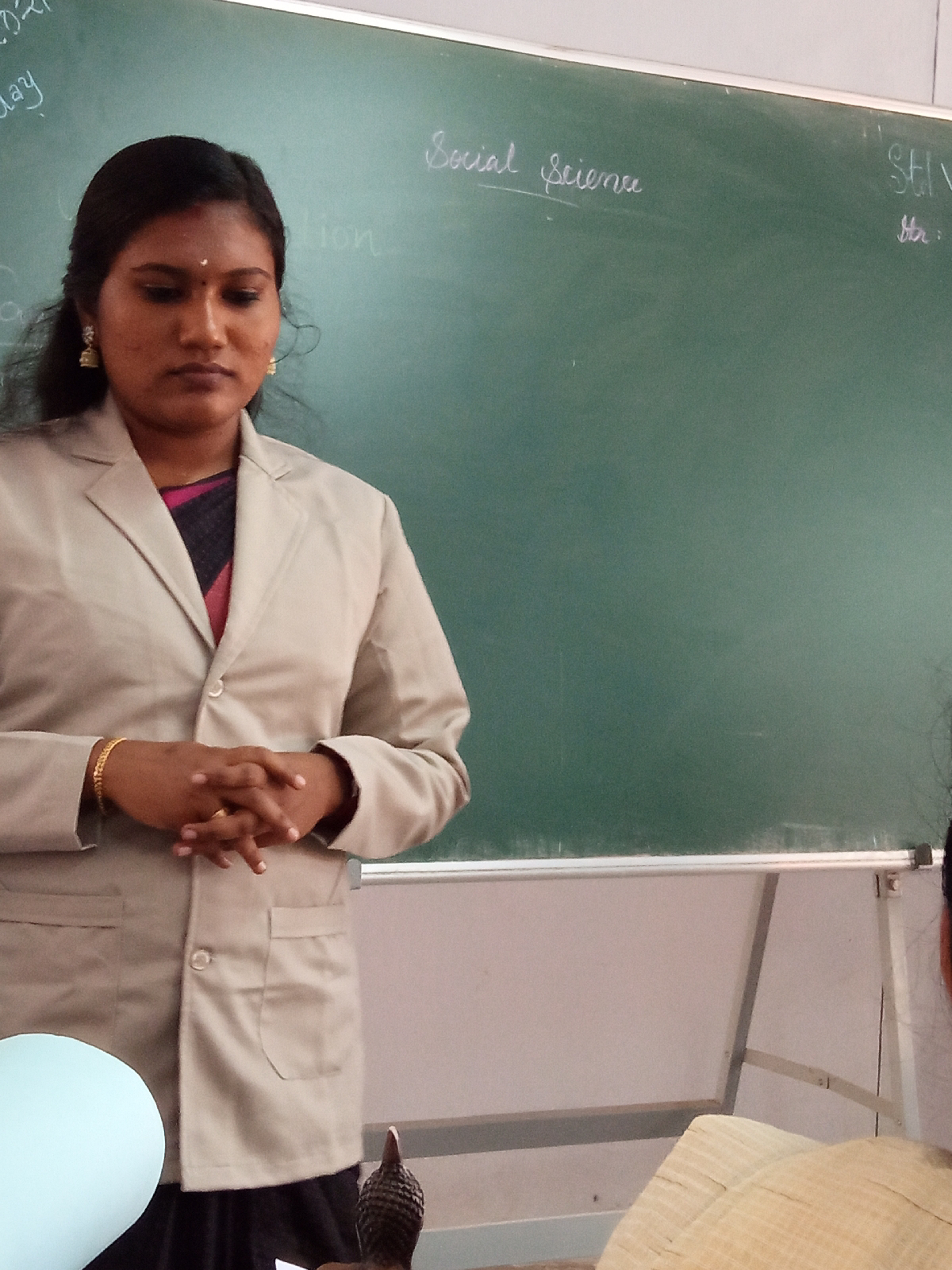Project method
PROJECT METHOD
The most concrete of all types of activity methods ,Project method provides learning experiences suited to individual differences. Project method of teaching was first propounded by John Dewey through his ideas and views in corporate in the philosophy of pragmatism. The process of education must be centered around some useful or purposeful activities named as projects. We may know a lot about the nature and meaning of the term ‘project ’with the help of the following definitions given by some eminent scholars.
J.A STEVENSON(1952:85):”A project is a problematic act carried to completion in its natural settings.”
W.H.KILPATRICK(1921):” A project is whole hearted purposeful activity proceeding in a social environment.”
BALLARD(1938):” A project is abit of real life that has been imparted into the school.”
The definitions like the ones given above may help us to view and understand a project as some spontaneous , interesting, self absorbing, problem oriented and purposeful act which can be accomplished in a complete natural as well as social settings.
WHAT IS PROJECT?
Project is an activity willingly undertaken by the pupils for the solution of a felt problem and leading to learning as prescribed in the curriculam. It is concrete activity directed towards the learning of a significant skill or process. Having a wide aim project includes any activity like dramatics ,pageants, making models, drawing maps and charts , collecting pictures , preparing scrap books, going on historical tours and exhibitions, preparation of social studies wall newspaper etc
BASIC PRINCIPLE OF THE POJECT METHOD
1.ACTIVITY:The project involves mental or motor activity.
2.PUROPSE: Project should be purposeful , a felt need of the pupils.
3.EXPERIENCE:Project should provide varied type of experiences to the pupils such as manipulative, concrete, mental etc.
4.REALITY:Project should provide real experiences.
5.FREEDOM: The pupils should be free to undertake the different activities connected with the project.
6.UTILITY:The activities undertaken in a project should be useful.
PROCEDURE OF PROJECT
Usually six steps are followed in each type of project strategy.
Step1:To identify a problem related to life situation of the learner.
Step2:To select and define the problem.
Step3:To prepare a plan for finding out the solution of the the problem.
Step4:To implement the plan.
Step5:To evaluated the workability of the project plan.
Step6:To prepare a record of the project.
TEACHER'S ROLE IN THE PROJECT
1.Gudience and Promoting: As the teacher has got mature experience, deeper and broader knowledge than the pupils, his guidance and promoting is indispensable. As the pupils are out on a venture; they need suggestions and guidance at every step.
2.Saving from Pitfalls: The Teacher should save the puplis from faltering and floundering. He should give help whenever it is required.
3.Promting:As a good prompter, just behind the curtain, the teacher should not make his appearance on the stage, for the stage is meant for the pupils.
4.Encourgement:As a keen observer and a true sympathiser, the teacher should win the good will of pupils so that the pupils feel encouraged.
5.Anticipation and solution Difficulties: As a store house of information and knowledge, the teacher should be able to anticipate the difficulties and suggest remedies as and when necessary. The Pupils might look to him for help, guidance solace and affection.As no method however good, is superior to teachers, the need for devoted teachers is established.
ADVANTAGES OF PROJECT METHOD
1.Psychological :Project method is planned in accordance with the psychological laws. Of learning. It provides the most natural conditions of learning. Therefore, the child remembers the principles learnt for a longer time.
2.Freedom and Self- direction: Project method has an element of freedom. It is a method of self direction. In it, the child learns to improves, to invent, to experiment, to know in all ways possible and to translate the knowledge into action. Thus, it develops the creative mind.
3.According to Maturity: According to the psychological concepts of maturation, project method provides learning material that suits one's particular stage of mental development.
4.Social Benefits: As separate groups take responsibility for making their own contribution s which are subsequently pooled and become the class effort, project, method results in social benefits.
5.Training: Project method provides training for social adjustment.It develops the pupil's capacity to adapt themselves to their environment, to make use of whatever is available and to meet s situation resourcefully.
6. Doing After Knowing: In project method, the pupils learn and do because they understand the value of what they learn and do on the carrying out their purpose.
7. Democratic: Project method trains children in a democratic way of life. It encourages them to co-operate, to think and act together for a common goal. Teaching students to be responsible, it give them freedom within the frame work of cooperative democracy.
8.Practical: Project method provides learning through practical problems by encouraging pupils to achieve a deeper insight into principles through actually seeing them in operation.
LIMITIONS OF PROJECT METHOD
1.Limited Knowledge: While children taught by the project method often show astonishing knowledge of details in odd things but they reveal real ignorance outside the projects. For example, while a social studies project may deal with construction of an ancient house with great thoroughness, yet the pupils may have no knowledge of the administration of Chandragupta Maurya.
2. Difficult to Formulate: At a later stage of education ,it is not easy to formulate projects having a satisfactory degree of width and comprehensiveness.
3 .Lack of Progress in Instruction: There is much difficulty in ensuring any kind of systematic progress in Instruction.
4. Requires High Qualifications of Teacher: Very highly qualified teachers are required for success in this method. Teacher's should be zealous and well-prepared.
The spirit of the project method, is in the words of Raymont whole hearted purpose on the part of the pupil. It gives a wonderful practical approach to the learning of both theoretical and practical problems. The responsibility of the success or otherwise of project method rests with the teacher.



Comments
Post a Comment